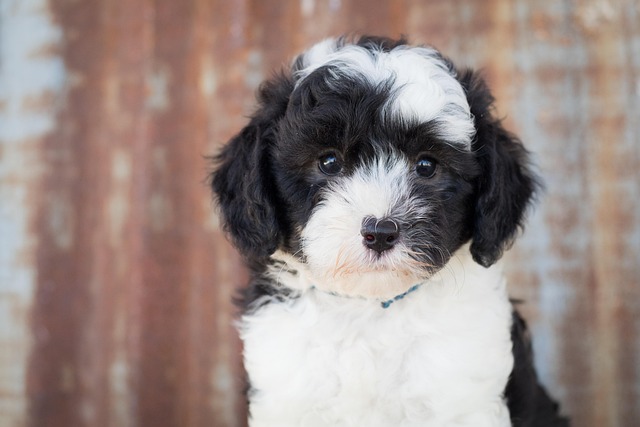
How do i train my dog to be obedient?
Watching your dog dart across the park ignoring your calls isn’t just frustrating—it can put them at risk near busy streets or public spaces.
So you've got this brilliant German Shepherd – smart, loyal, a fantastic companion. But lately, maybe there's been some growling at the mail carrier, stiffening up on walks when another dog appears, or maybe even some concerning snapping. That sudden aggression, especially in such a powerful breed, can be really stressful, especially if you're new to dog ownership here in the States. First off, take a breath; this is often manageable, but understanding why is key. German Shepherds weren't bred to be aggressive without cause, but their strong protective instincts, high intelligence, and sensitivity can tip into reactivity if they feel scared, threatened, or simply haven't learned appropriate coping skills. Think of it like their internal alarm system being overly sensitive.
The absolute cornerstone of helping your GSD feel safer and act calmer is positive reinforcement training. Forget old-school dominance theories or any form of physical punishment like yelling, hitting, or alpha rolls – these are illegal in many US municipalities for good reason and scientifically proven to increase fear and aggression. Instead, focus on rewarding the behaviors you want to see. If your dog glances at a trigger (like a jogger) and then looks back at you calmly? Jackpot! Treats, praise, play! This technique, called counter-conditioning, literally rewires their brain to associate scary things with good outcomes. Enrolling in a certified force-free training class is a brilliant first step – look for credentials like CPDT-KA or KPA-CTP. Remember, under US law, ensuring your dog doesn't become a public safety risk is your responsibility, and positive methods are the legally sound and ethical approach.

Now, let’s get practical. Start by becoming a detective. What specifically triggers your Shepherd? Is it strangers approaching the house, kids on skateboards, other dogs at the park, or maybe someone reaching for their food bowl? Jot it down. Once you know the triggers, manage their environment to avoid overwhelming them – this is crucial in apartments or dense suburbs. Use baby gates, walk during quieter times, or create a safe "den" space away from the front door chaos. When exposure is unavoidable, work under threshold – meaning far enough away that your dog notices the trigger but doesn't panic or lunge. That's when you start rewarding calmness. Try the "engage-disengage game": when they see the trigger, mark the look (a quiet "yes!") and reward before they react. Gradually decrease the distance only if they stay relaxed. Consistency here is everything – think daily short sessions, not just weekends. And hey, always have that poop bag handy during walks; cleaning up after your dog isn't just good manners, it’s the law in virtually every US city and town, preventing fines and keeping community spaces pleasant.
Socialization isn't just for puppies, though it's easiest then. Carefully exposing your adult GSD to diverse, positive experiences helps build confidence. This doesn't mean forcing interactions! It means controlled exposure. Maybe sit with them on a park bench far from the action, rewarding calm observation. Practice polite greetings only if your dog is comfortable, always asking permission first – "May we say hello?" is basic community etiquette, respecting others' space and preventing incidents. Ensure your dog’s rabies vaccination is current and the tag is on their collar; this is non-negotiable legally across the US and protects everyone. If the aggression involves resource guarding (food, toys), trade the guarded item for something even better instead of taking it away. If you feel out of your depth, or if the aggression seems intense or unpredictable, consult your vet first to rule out pain (a huge hidden cause of aggression) and then a qualified Veterinary Behaviorist (DACVB) or experienced force-free trainer immediately. With patience, science-backed methods, and respect for your community, you can help your loyal German Shepherd become the confident, well-mannered companion they have the potential to be.

Watching your dog dart across the park ignoring your calls isn’t just frustrating—it can put them at risk near busy streets or public spaces.

New puppy owners often find themselves rushing to clean up accidents before they set in, and that’s where puppy pad training becomes a game-changer.

If you've noticed your dog's waistline disappearing and your veterinarian has mentioned those few extra pounds, your first instinct might be to simply reduce the amount of food in their bowl.

Training a dog to use a designated spot indoors isn’t as daunting as many new owners fear, but it does take consistency and an understanding of your pet’s needs.

That moment of dread on a walk is all too familiar for many new dog owners. You see another dog approaching down the sidewalk of your neighborhood

If the sight of another dog on your neighborhood walk makes your heart sink as your own dog erupts into a frenzy of barking and lunging, you're not alone.